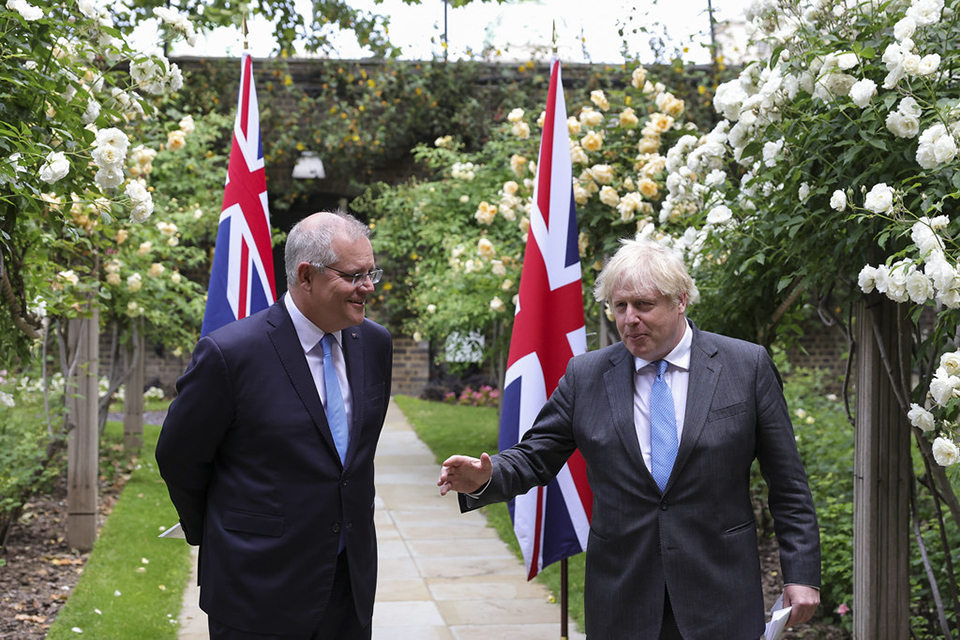The UK remains a uniquely connected major economy, and the future looks bright for the country’s global trade activity; 39 per cent of UK businesses presently trading internationally plan to increase their volume of trade over the next 12 months, and almost half (44 per cent) expect their revenue from trade to increase within this period.
American Express commissioned the Centre for Economics and Business Research (Cebr) in October this year to undertake the Fresh Frontiers study to understand more about the dynamics of international trade opportunities across six major trading markets.
Based on economic modelling, the report reveals that the USA is the top untapped trading partner for the UK. In addition, continental European markets also feature strongly in terms of untapped trade potential, with Luxembourg, Denmark, France, Finland and Austria all ranking highly. This suggests the UK businesses should look to continental Europe and the USA for future trade growth.
As part of the Fresh Frontiers study, American Express also separately surveyed businesses in each country about their international trade outlook. The majority (77 per cent) believe that opportunities for international trade are increasing and half are looking to trade with new countries over the next 12 months.
Reassuringly, the research also shows that the present economic turbulence isn’t deterring UK businesses when it comes to their trade ambitions: The vast majority (80 per cent) of UK businesses trading internationally are confident in their global trade strategies, with bigger businesses (with 250+ employees) 11 per cent more likely to be confident than SMEs. However, it seems that they are taking a cautious approach to their trade plans, with almost half (49 per cent) describing their approach to international trade as ‘measured’ and 21 per cent saying they are ‘risk averse’.
Despite the opportunities offered by international trade, businesses admit that they face significant obstacles when looking to trade. Seventy-five per cent of UK businesses surveyed believe that international trade is becoming increasingly complex, citing exchange rate volatility and economic changes as the biggest challenges to both their current and future international trade activity. UK businesses also revealed that making and receiving payments abroad was overly problematic (71 per cent). However, less than half (42 per cent) currently use FX forward contracts and only 28 per cent use FX Options, despite the vast majority of those that do deeming them effective (87 per cent).
Jose Carvalho, senior vVice president at American Express Global Commercial Payments, comments, It’s very positive to see UK businesses looking to international trade as a way to grow and undeterred by either geography or logistics. As well as looking to new countries to trade with, businesses are actively seeking solutions such as FX forward contracts to overcome perceived barriers. Technology has been a great catalyst in enabling this to happen.’
Cristian Niculescu-Marcu, managing economist at CEBR, says, ‘Taking into account key trade drivers, such as economic performance, regional trade agreements, low levels of corruption and institutions, the Fresh Frontiers analysis shows significant untapped trade potential for UK businesses both in the USA and closer to home.’
With 91 per cent of UK businesses agreeing that digital technology makes it easier to trade internationally and 73 per cent agreeing that they expect to see business growth through international rather than domestic trade over the next year, there has perhaps never been a better time to assess new trade potential around the globe.
The top 20 global trade targets for the UK are:
- USA
- Luxembourg
- Denmark
- Israel
- France
- Finland
- Austria
- Sweden
- The Bahamas
- Canada
- Ireland
- Germany
- India
- Japan
- Singapore
- Barbados
- China
- Estonia
- Malta
- Slovenia





